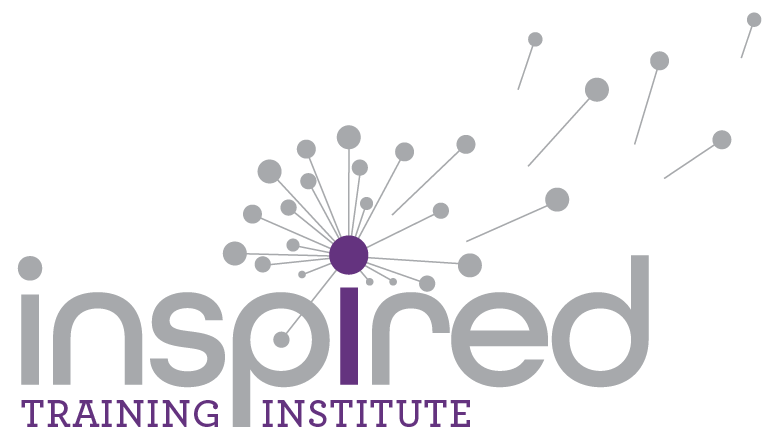Emotional Resilience at Work: It's Not Personal
We exist in a world where most workplace environments are constantly changing. This means a key characteristic that employees must possess to not only survive but thrive in the workplace is the ability to adapt to change. However, adaptability is not just about responding to changes in the workflow; it’s also about maintaining emotional resilience. Emotional resilience is the capacity to manage stress, remain positive, and bounce back from setbacks. Building emotional resilience not only enhances your ability to adapt to change but also promotes well-being and encourages a positive work environment.
Understanding Workplace Resilience
Resilience is more than just a buzzword; it’s a skill that shapes our professional journeys. Have you ever been under a tight timeline? Have you had to navigate team conflict? What about having to take ownership of a project that failed? Or maybe you have had to overcome personal hardships or manage work-life balance? We’ve all encountered situations that tested our ability to bounce back, adapt, and thrive.
Workplace resilience involves the ability to withstand, adapt to, and recover from adversity and stress in the workplace. The good news? Resilience is not an inherent trait but rather a skill that can be developed over time and employees who demonstrate strong workplace resilience are better equipped to handle challenges, maintain productivity, and support their colleagues. This, in turn, leads to a more harmonious and productive work environment.
Practice Problem-Solving and Decision-Making Skills
A key component of emotional resilience is the ability to solve problems effectively and make decisions confidently. When faced with a challenge, resilient individuals don’t shy away; instead, they approach problems methodically, breaking them down into manageable parts. Here are a few strategies to enhance these skills:
Stay Calm and Objective: When a problem arises, take a professional pause, breathe, and approach the situation with a clear, calm mind. This helps reduce anxiety and it allows for more rational thinking.
Pinpoint the Problem: Understanding the underlying issue is crucial. Ask questions and gather information to pinpoint the source of the problem.
Develop Multiple Solutions: Brainstorm various potential solutions and consider the pros and cons of each. This not only provides options but also builds confidence in decision-making.
Evaluate and Be Decisive: Choose the best solution based on the evaluation of potential outcomes. Being decisive and confident in your choices builds emotional resilience.
Maintain a Healthy Work-Life Balance
Maintaining a healthy work-life balance is a key step for building emotional resilience. It involves managing your own time and energy to ensure that work demands do not overwhelm your personal life. Work-life balance is something that can easily be thrown off track if we do not check-in and maintain healthy habits. Here are some tips:
Set Boundaries: Clearly define your working hours and stick to them. Avoid checking work emails or taking work calls outside of these hours.
Prioritize Self-Care: Engage in activities that promote physical and mental well-being, such as exercise, hobbies, and spending time with family and friends.
Take Breaks: Regular breaks during the workday can help reduce stress and prevent burnout. Use this time to get out of your head and into your body, relax, and recharge.
Seek Support: Don’t hesitate to reach out to colleagues, a coach, friends, or family members when you need help or someone to talk to. Building a strong support network is crucial for emotional resilience.
Building emotional resilience is a continuous process that requires dedication and practice. By developing problem-solving and decision-making skills, and maintaining a healthy work-life balance, you can take steps toward enhancing your ability to adapt to change, promote well-being, and foster a positive work environment.
At Inspired, we are dedicated to helping individuals and organizations build emotional resilience. Our tailored coaching can support you in developing the skills needed to thrive in today’s dynamic workplace. Reach out to us today to learn more about how we can assist you in building emotional resilience and creating a more positive work environment.
We’d love to hear about your resilience journey! Sharing your experience can inspire others and provide valuable insights into how to handle challenges.
Share your story through our social media platforms:
Instagram: @inspiredtraininginstitue
Facebook: Inspired Training Institute
LinkedIn: Inspired Training Institute, Inc.
Or send us an email at info@inspiredtraining.net.


